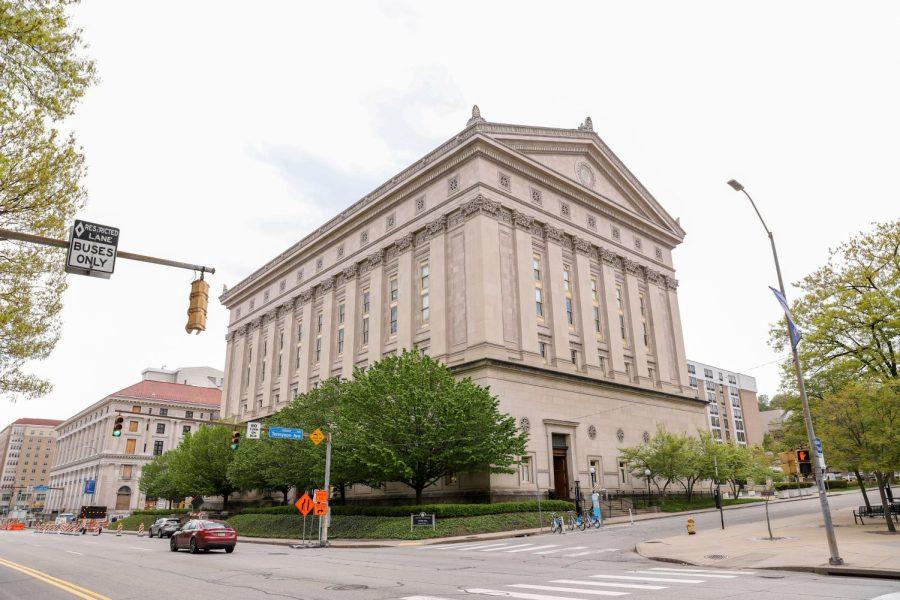Pitt first-year enrollment for fall exceeds expectations
Despite the uncertainty of an in-person fall semester, the Office of Admissions and Financial Aid has not seen a decrease in committed first-year students.
May 13, 2020
Pitt’s first-year enrollment is up 17.8% compared to last year, University Senate President Chris Bonneau said at last Wednesday’s Faculty Assembly meeting.
Bonneau added that deposits from students eligible for Pell Grants are up 25%, deposits from underrepresented minorities are up 23% and out-of-state deposits are up 22%.
The first deadline for incoming first-years to commit to fall enrollment passed on May 1. But with the University’s March decisions to move the final weeks of spring semester and the entire summer term online, there is no definite consensus as to what that enrollment will look like. Chancellor Patrick Gallagher established three task forces to decide on how to deliver education and when to reopen buildings, with a decision to be released in early July.
According to Molly Swagler, the assistant vice provost for enrollment, uncertainty hasn’t stopped prospective students from enrolling. While it is still too soon to determine significant fluctuations in enrollment numbers, Swagler said, the amount of students requesting deferrals for the upcoming fall semester is fewer than two dozen students, as of May 7.
The Office of Admissions and Financial Aid declined to specify the number of incoming first-years currently committed to Pitt, but said that information will be made available mid-September.
Seamus Regan, an incoming first-year student, said given the current circumstances, the least he hopes is for his first semester to start on time.
“I do not want to miss out on my freshman year of college,” Regan said. “I recognize that this may not be possible due to what is going on, and I recognize it may not be safe, and I recognize that safety is the number one priority.”
Zach Orwig, an incoming first-year student on the pre-med track, said he is concerned about missing out on the social aspect of college if the fall semester goes digital.
“What worries me is not being able to begin meeting new friends or participate in activities that occur during orientation week,” Orwig said.
Orwig has plans to continue his education in medical school following four years of undergrad, and doesn’t want a fall semester deferral to derail his future plans.
“I will not be deferring my admission, as it would put another year between me and becoming a doctor,” Orwig said.
Despite Pitt’s higher rate of deposits, recent data from the National College Attainment network showed a sharp national decline in students renewing FAFSA applications for the 2020-21 academic year.
“Nearly 250,000 fewer returning students from the lowest-income backgrounds have renewed their FAFSA for the 2020-21 cycle,” the group said.
In order to give students more “flexibility” during this pandemic, the Pennsylvania Higher Education Assistance Agency has extended its deadline to apply for a state grant from May 1 to May 15.
According to Swagler, it is too early to tell if the low number of student aid applicants will ring true for Pitt students, given the extended deadline.
But given Pitt’s low deferral rate, it seems likely that incoming first-year students are remaining positive despite the possibility of an online fall semester. Even if the start of his college experience is unusual, Orwig said he is excited to kick off his Pitt journey this coming fall.
“What makes the college experience worth the money is the relationships created with people who share similar beliefs and help you achieve your goals,” Orwig said.








